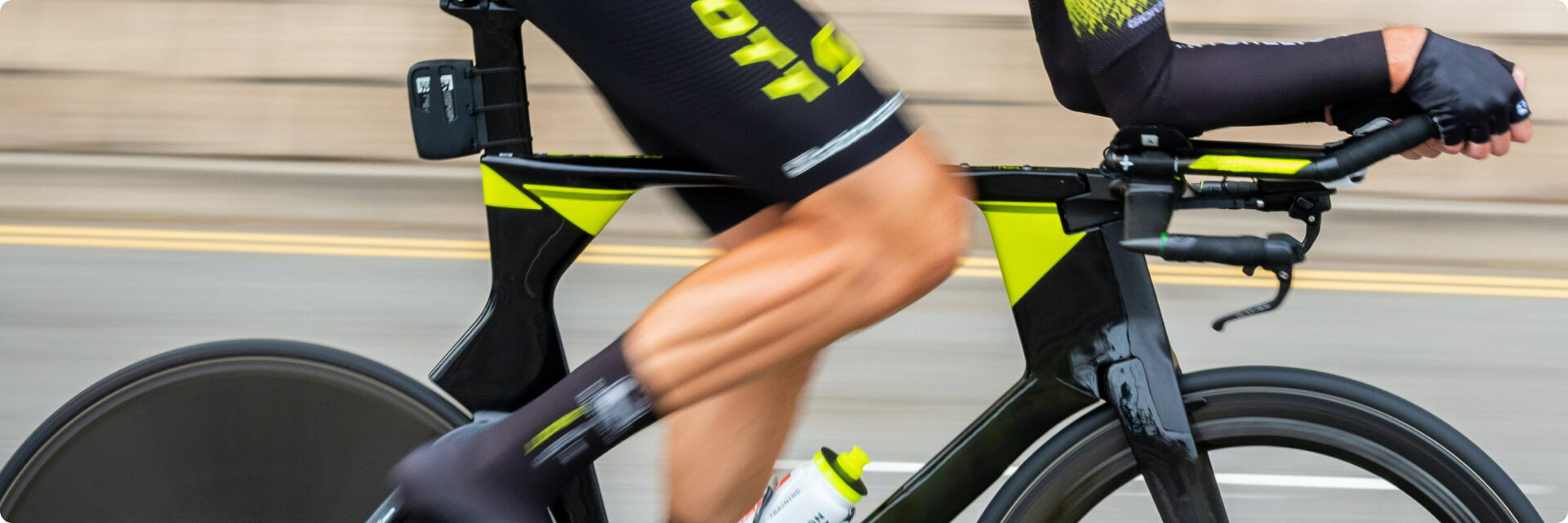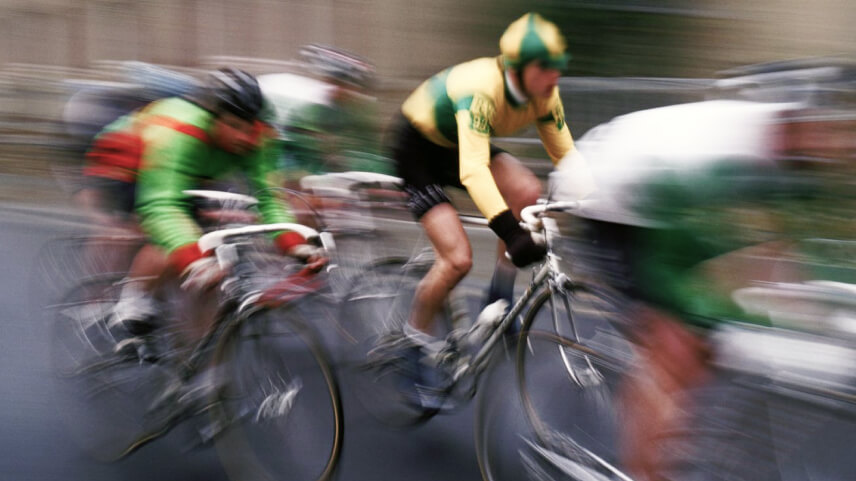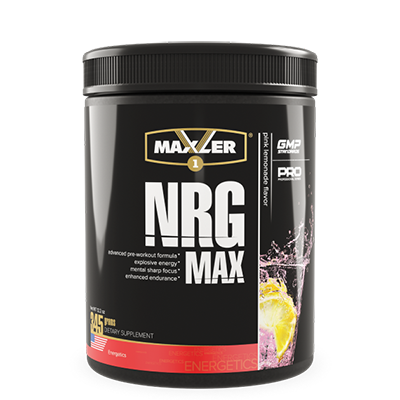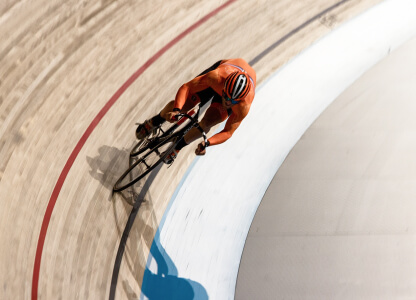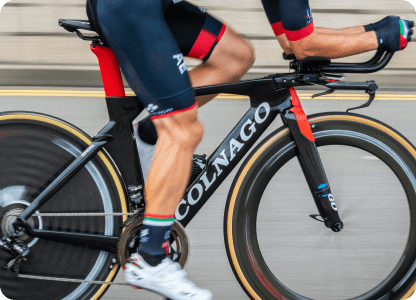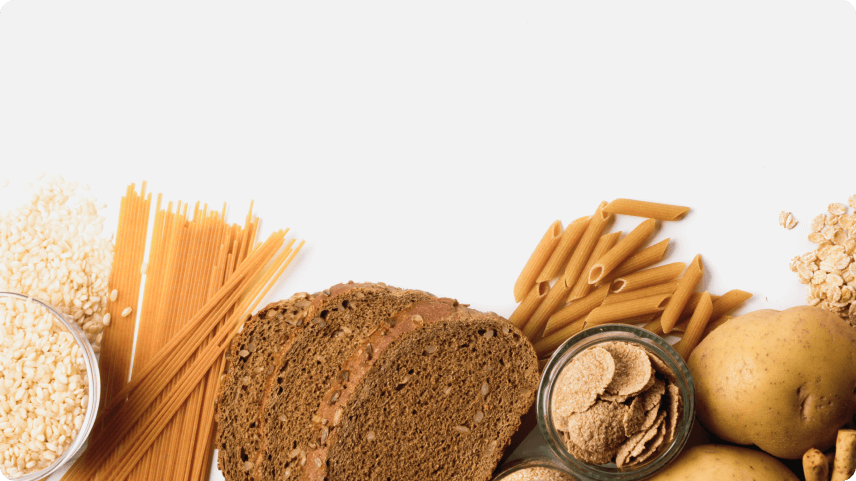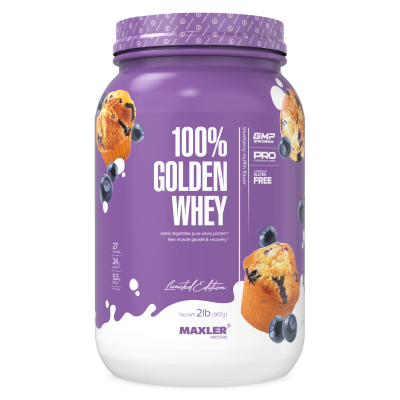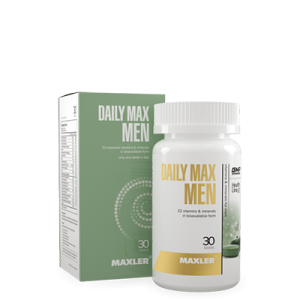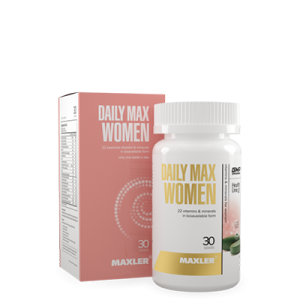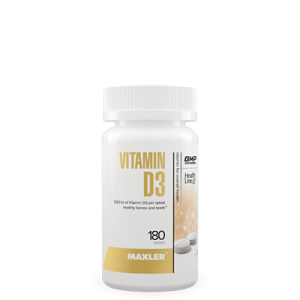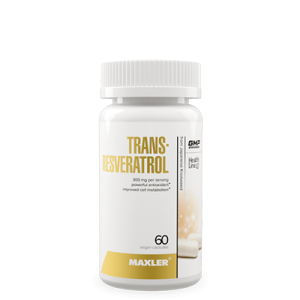Performance in cycling, especially endurance cycling, is heavily dependent on nutrition. However, it can be hard to figure out what to eat and how to eat in a manner that’s sustainable on a bike. An additional thing to keep in mind, is that often it’s key for a cyclist to have a lower weight than in other sports. This leads to nutrition in cycling being a very careful balancing act.
Before the ride
Before the bike ride, it is useful to build up glycogen by consuming carbohydrates from 24-36h without high-intensity exercise.
Before the ride, many rides may rely on “carbohydrate loading,” which is when, before an event, the rider undergoes a period of glycogen depletion. This depletion period is characterised by three training days with low carbohydrate intake. That period is followed by a loading phase, which also lasts three days and consists of reducing exercise but increasing carbohydrate consumption.
However, this is no longer considered necessary, as you can build up glycogen without undergoing a depletion phase in as little as 24-36h of high carbohydrate intake with rest. However, don’t overdo it the night before a ride – you don’t need to load up on bowls of carbs if you’ve eaten normally throughout the day.
If you’re feeling a bit groggy before a ride, you can try a cycling performance supplement like caffeine. They can improvise endurance and vigilance. Doses of 3-6 mg/kg about 30-90min before exercise have been shown to have the best effect. Do not exceed 9mg/kg though, as that is the doping limit for caffeine in urine. Supplementing caffeine is useful in the short term, as its efficacy decreases with long term use (over 4 weeks). It is also useful to top up caffeine during prolonged exercise that lasts more than 2 hours.
Consider Maxler NRG MAX – a powder that can be dissolved in water to make a drink with caffeine, biologically active substances, vitamins and extracts – a perfect pick me up on the go.
During the ride
During the ride it is essential to consume extra carbohydrates to regenerate glycogen stores, aiming for about 30-60 g/h for rides under 2.5h in length.
Studies suggest using up glycogen stores takes around 90 minutes of exercise. For long-distance rides, it is, therefore, essential to consume extra carbohydrates during the ride.
When you start topping up with carbohydrates, it takes 60-90 minutes to reach maximum oxidation rates, meaning that you will be burning carbohydrates in a most efficient manner. This also means that there’s a limit to how much carbohydrate you can absorb. This limit is around 1 g/min, so around 60g of carbohydrate per hour.
The length of the ride is important in choosing a fuelling strategy to support your cycling energy with food. If you plan on a short, high-intensity ride lasting around 1h, go for small amounts of carbohydrate. For these purposes, even mouth-rinsing with a solution that contains carbohydrates can improve performance.
For bike rides under 2.5 hours in length, 30-60g/h of carbohydrate is an optimal amount. Rides over that may benefit from even more carbohydrates, up to 90g/h.
Riders may consider easily accessible snacks or carbohydrate gels to keep them going. There are a few things to remember when choosing the best foods to eat while cycling:
- Choose high carb, low fat foods – you want to supply carbohydrate and leave the fat for later, as your body isn’t going to be breaking down fat quickly enough to replenish your energy.
- Choose bite-sized foods – eating on a bike is a challenge, so ensure that you’re packing things that are easy to eat. Cutting larger things like bars into bite-sized pieces can save you a lot of hassle.
- Don’t go overboard with gels – gels can be a great source of carbohydrate, but if not consumed with a lot of water, they may cause intestinal discomfort. Relying on too many gels is also not a great idea, as your stomach may feel upset.
- Eat before you’re hungry – it takes time for the body to react to low levels of food, so by the time you start feeling hungry, it may be too late. Consider eating small snacks every half hour or so – if you want, set a timer.
Keep in mind though, that it takes training for your gut to get used to eating on the go.
Optimum refuelling – a matter of many sugars?
For overcoming limits of carbohydrate absorption, consider mixing different carbohydrates, like fructose and glucose – it may decrease stomach issues and may improve performance.
Despite the limits of your intestine in taking up carbohydrate, you can increase the amount of carbohydrate your body can absorb by mixing different carbohydrate sources. For example, combining glucose and fructose together increases the amount of carbohydrates that can be oxidised, leading to improvement in performance. This is likely due to the mechanism of absorption of the carbohydrates in the gut – a particular transporter is used for glucose and galactose, and a separate one is used for fructose. This means that if glucose is being absorbed at maximum speed, it won’t limit the absorption of fructose.
Combining the sugars has been shown to be especially effective for cyclists, improving their endurance and performance in multiple studies. Combining the sugars also improves the efficiency of their usage, leading to less carbohydrate to be left in the gut, decreasing the chances of discomfort. Therefore, consider topping up with something that has different types of sugars in it while you’re on the move.
Therefore, the best cycling foods to consume on the go will contain multiple types of carbohydrates.
Eating for recovery after Cycling
It is best if carbohydrates are consumed within two hours of exercise finishing; when carbohydrates are limited, protein should be consumed with them to increase glycogen synthesis.
A study has shown that if carbohydrates are provided two hours after exercise finishing, the rate of glycogen synthesis decreases by 45%, replenishing less glycogen. It is therefore essential to get adequate carbohydrates straight after exercise. Good cycling recovery foods should provide plenty of carbohydrate quickly, so simple carbs can be a great way to go. A similar effect has been found for protein synthesis, as if enough nutrients are consumed after exercise, more protein is formed in the body and especially in the legs.
Studies have also shown that ingesting a combination of protein or amino acids together with carbohydrate after a workout increases glycogen synthesis rates. The form that the nutrients take (a meal or a shake) don’t significantly affect glycogen synthesis, so both having a meal or a shake directly after exercise will bring similar benefits.
If you need to recover quickly, consume carbohydrates straight after the workout, choosing foods with a moderate to high glycaemic index, such as raisins, multigrain bread, potatoes, or white rice. If limited carbohydrates are available, ensure to get some protein after exercise.
Not everything is about carbohydrates
A balanced diet is essential for health, with additional supplementation of micronutrients like vitamin D, antioxidants and omega 3s recommended.
Although it might be tempting to focus solely on carbohydrates, it is still important to maintain a balanced and healthy diet as part of your routine. This means getting enough protein, fat, and micronutrients when you’re planning your cycling foods.
For protein, stick with getting 1.2-2g/kg/day. It is especially key to consume protein after exercise, as muscle protein synthesis, MPS, is increased in the first 24 hours after exercise. This is important as your body may start using protein for fuel if you’re not fuelling correctly for endurance rides. Consuming essential amino acids after exercise, especially leucine, is especially important as they have been shown to stimulate muscle protein synthesis. Consider a source of essential acids, such as
Maxler 100% Golden Whey for your post-exercise snack. Maxler 100% Golden Whey contains 2600 mg of leucine – an optimal amount to simulate MPS.
Fats are essential for upkeep of cell membranes, cellular signalling, nerve function and providing insulation and organ protection. Athletes who chronically restrict fat to <20% of total energy are at risk of a lower intake of fat-soluble vitamins and essential fatty acids, such as omega 3. However, limiting fats before a race is okay if you experience gut discomfort.
As part of your training, consider eating enough omega 3, as it may increase testosterone synthesis, as endurance athletes may be susceptible to declines in testosterone if they overtrain. If you struggle with that, omega-3 can be one of the best cycling endurance supplements. Maxler Omega 3 Gold are perfect for that, as they contain plenty of high-quality omega 3.
Keeping hydrated is also essential. Consuming 400-800ml/h is a general guideline, so listening to your body is important. It is also key to replace lost sodium to keep optimal hydration, especially if you sweat a lot. You may find that electrolyte mixes can be a good idea when looking for cycling supplements.
For micronutrients, it’s key to get enough vitamins and minerals for optimal health. Consider taking a multivitamin, such as
Maxler Daily Max Men or Daily Max Women, which contain 22 essential vitamins and minerals in their most bioavailable form.
Cyclists are also at high risk of developing impaired bone health, as they may intentionally or unintentionally have low energy availability if they are restricting their energy intake. This may be due to trying to lose weight to get a performance advantage. Therefore, vitamin D and calcium are some of the best supplements for cycling.
Consider taking Maxler Vitamin D3 1200 IU to get your daily dose of vitamin D while increasing your calcium.
Additional antioxidants may be of benefit during recovery if you’ve already peaked in training. Drinking green tea or consuming foods high in antioxidants might help recovery time and can be useful for multi-day endurance events. If you’re looking for cycling recovery supplements, try
Maxler Trans-Resveratrol. Trans-resveratrol is the most bioavailable form of resveratrol – an antioxidant more powerful than vitamins C and E with plenty of health benefits.
Great nutrition is key for great cycling, so it is key to know when to fuel and what to do for your overall health no matter your cycling level. Whether you’re just starting or you’re a professional cyclist, Maxler has a range of products to support every step of your cycling journey.
